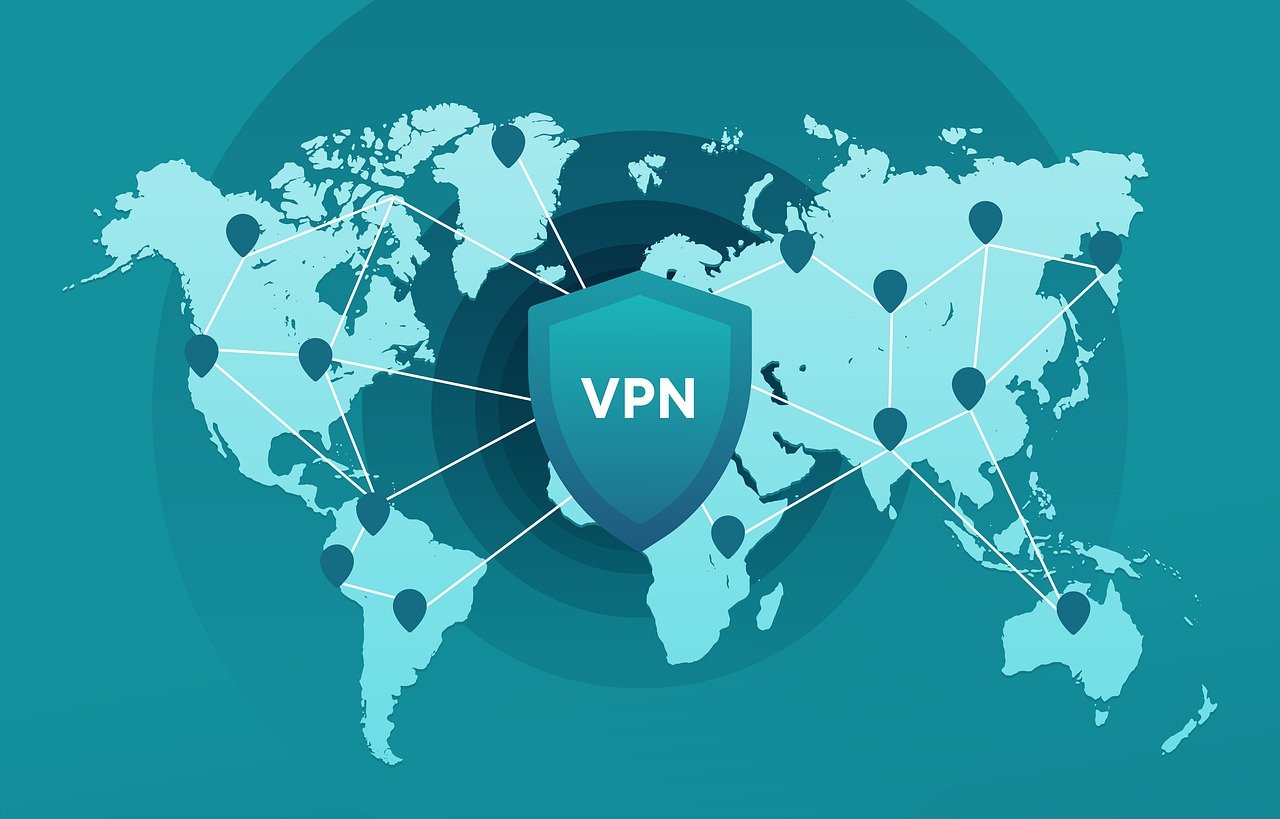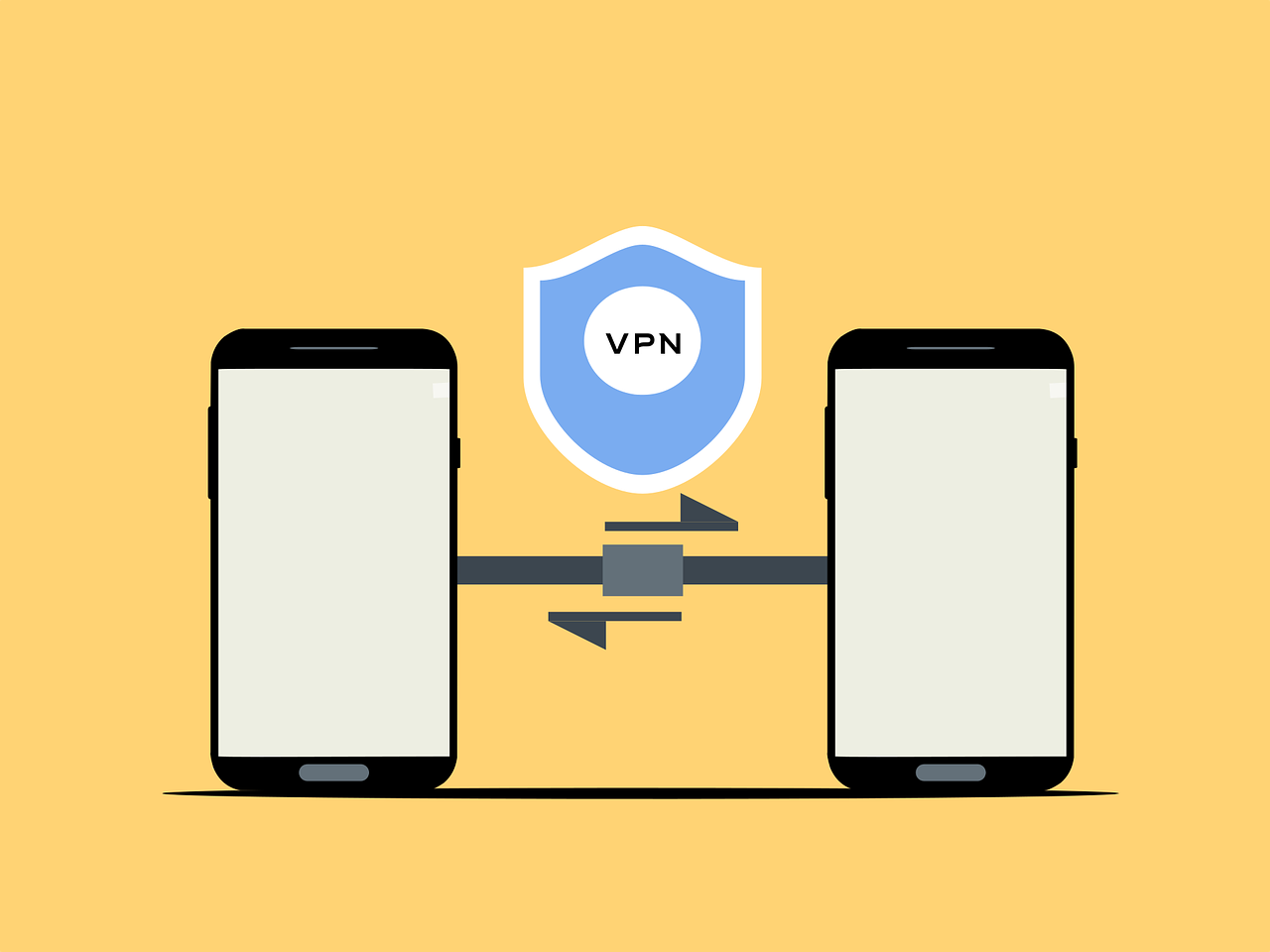
A VPN creates an encrypted tunnel for your data, making it nearly impossible for hackers to eavesdrop on you. This is especially important when you use unsecured Wi-Fi networks like those found in coffee shops and airports.
Look for a VPN service that offers multiple server locations around the world. This allows you to appear as if you are browsing from a different location, helping to avoid price discrimination by websites.
1. Encryption
When your personal information is encrypted, it becomes unreadable to hackers and other cybercriminals. It prevents them from stealing and using it to commit fraud or identity theft.
Encryption also secures files shared by employees over unsecured networks. This protects the organization from data breaches and allows employees to work securely from home or while on the go. It can also help businesses avoid costly ransomware attacks that require them to pay a ransom to recover data.
A VPN routes your internet traffic through an encrypted tunnel, making it virtually impossible for cybercriminals to eavesdrop on your online activity. It protects your personal information and browsing history while protecting you from malware, viruses and other online threats.
Your internet service provider, web browser and other sites can track your search history by identifying you through your IP address. When you use a VPN, your IP address is replaced with one from the VPN server. This makes it difficult for anyone to see your search history and location. It also helps you stay anonymous on the internet and keeps your search history private. When looking for a VPN, choose one that uses the latest security protocols such as OpenVPN or IPSec. Look for a no-logs policy and a fast connection speed that matches your internet usage. The VPN should also offer customer support, in case of any issues. For the best results, choose a VPN that offers multiple device protection for maximum peace of mind.
2. Privacy
Privacy refers to the way your personal information is used, collected, shared, and stored. This includes everything from browsing history and login data to chat conversations and downloaded files. A VPN helps safeguard your privacy by encrypting this data, so it’s only visible to you and the VPN company.
A VPN also keeps your IP address hidden, which stops other people online from seeing your location or your internet activity. For example, if you log into your online bank account while on public Wi-Fi at a coffee shop or hotel, you’re opening yourself up to identity thieves and other cybercriminals who can easily eavesdrop on your connection. This is a risk that you can avoid with a VPN by logging into the service before connecting to the internet.
Many VPNs also include a kill switch that shuts down your device if the encrypted, safe connection is lost. This feature is especially useful when using a public VPN or streaming content from a remote country because it prevents your data from falling into the wrong hands. A good VPN should also have a variety of server locations around the world, which can be helpful when trying to access certain online services that aren’t available in your own country. This will ensure that you can get the best possible experience from your preferred online services. It’s also worth looking for a VPN with a feature that lets you use it on multiple devices at once. This can save you time and hassle when switching between computers, smartphones, tablets, and Kodi boxes.
3. Security
A VPN can safeguard your personal information from cybercriminals, snoopers, and even your Internet service provider (ISP). It can be very dangerous to use the internet without first logging onto a quality VPN. Without one, every online activity you make is visible to hackers and snoopers on public Wi-Fi networks, including the password to your online banking portal or credit card account, chat exchanges, or files downloaded.
When you connect to a VPN, however, your data is scrambled into unreadable jumbles of code that only the device and VPN server have the key to decipher. It can be extremely difficult to intercept this data on the open web, and VPNs also protect against eavesdropping by ISPs on the private networks you connect to from their public Wi-Fi.
This can prevent identity theft, price discrimination (where a product’s price goes up for you because your ISP knows that you are looking at it), and more. It also keeps you safe from hacking attempts and from man-in-the-middle attacks on unsecured Wi-Fi. Many VPNs come bundled with extra cybersecurity measures like multi-factor authentication, which requires you to verify your identity on a trusted device, such as a mobile phone, before granting you access to the VPN. This can be done through a text message with a code, or with an app that requires you to enter a code to unlock your VPN session.
4. Speed

A VPN works by encrypting data and metadata so that only your device and your VPN provider have the decoded information to see what you’re doing online. This makes your web browsing, streaming, and downloading much harder to spy on. It also helps to keep your online activities anonymous so that no one knows what you’re up to on the internet – not even your Internet Service Provider (ISP). However, do not be scared as there are free VPN available to use.
Cybercriminals are known to target public WiFi networks where they can grab unencrypted data and messages. This can include passwords, bank account numbers, and more. A VPN can protect your devices, including desktop computers, laptops, smartphones, and tablets, from cybercriminals by creating an encrypted tunnel for your data.
Your ISP may be legally required to store your web browsing history, but a VPN can make it much more difficult for them to do so. It can also help you bypass content restrictions in your country by making it appear as though you’re accessing the website from a different location.
You should look for a VPN that offers a no-logs privacy policy to prevent your online activities from being tracked and tied back to you. Additionally, you should find a provider that has strong encryption and a kill switch feature. This will stop your connection if the secure, encrypted VPN connection drops or experiences any other connectivity issues. Also, it’s important to find a service that offers a wide range of servers in various countries, as this will give you the most flexibility.
5. Streaming
While streaming has opened up a new world of inexpensive, high-quality entertainment, it has also created all kinds of ways for companies to collect and sell your personal information. Your viewing habits, for example, provide a treasure trove of data that can tell you everything from what you like to watch to where you live. Even with privacy-centric web browsers and tracker blockers, it can be hard to keep companies from gathering this kind of data on your streaming devices.
A VPN can help safeguard your information while streaming, encrypting and disguising your internet traffic and making it much more difficult for hackers to access your personal details. It can be helpful to use a VPN when using a streaming service that requires two-factor authentication, which is the standard for securing banking and financial accounts.
A VPN can be a useful tool in the battle against malware, but it cannot prevent zero-day vulnerabilities or other types of malware that could move through your network even if you have a strong VPN connection. Focus Data Solutions will be publishing more detailed blogs about cybersecurity during its “IT Security 2020” series. For now, it’s important to take the basic steps to protect your device and your privacy, including using a strong encryption and a VPN with a no-logs policy and multiple servers in different locations. You can also add extra security by using private or incognito browsing mode on your browser when you’re streaming movies and participating in movie discussions online.
6. Location
Whether it’s the hotel Wi-Fi you log into to check your email or the free coffee shop network you use to pay your credit card bill, any public online connections expose your private data to hackers and cybercriminals. A VPN creates an encrypted tunnel that keeps your online activities out of the reach of cyberthieves. It’s especially important to log onto a VPN before using public Wi-Fi, as even secure networks can be susceptible to eavesdropping by other users on the same network.
Your location is a rich source of personal information about who you are, where you’ve been, your interests and habits, and much more. But, if you share your location history with companies or governments, those entities can use that information for anything from censorship to price discrimination and geo-blocks on media content. A VPN encrypts your location, keeping it out of the hands of corporations and government agencies.
If you ever want to access content from a country other than your own, a VPN can help with that too. Just make sure to look for a provider that offers a lot of different server locations, so you can choose which one best matches the type of content you’re seeking. Streaming services that have regional restrictions will often display an error message if you try to access them from outside of their designated area, but a VPN can get around this by masking your real IP address with one from another region.





